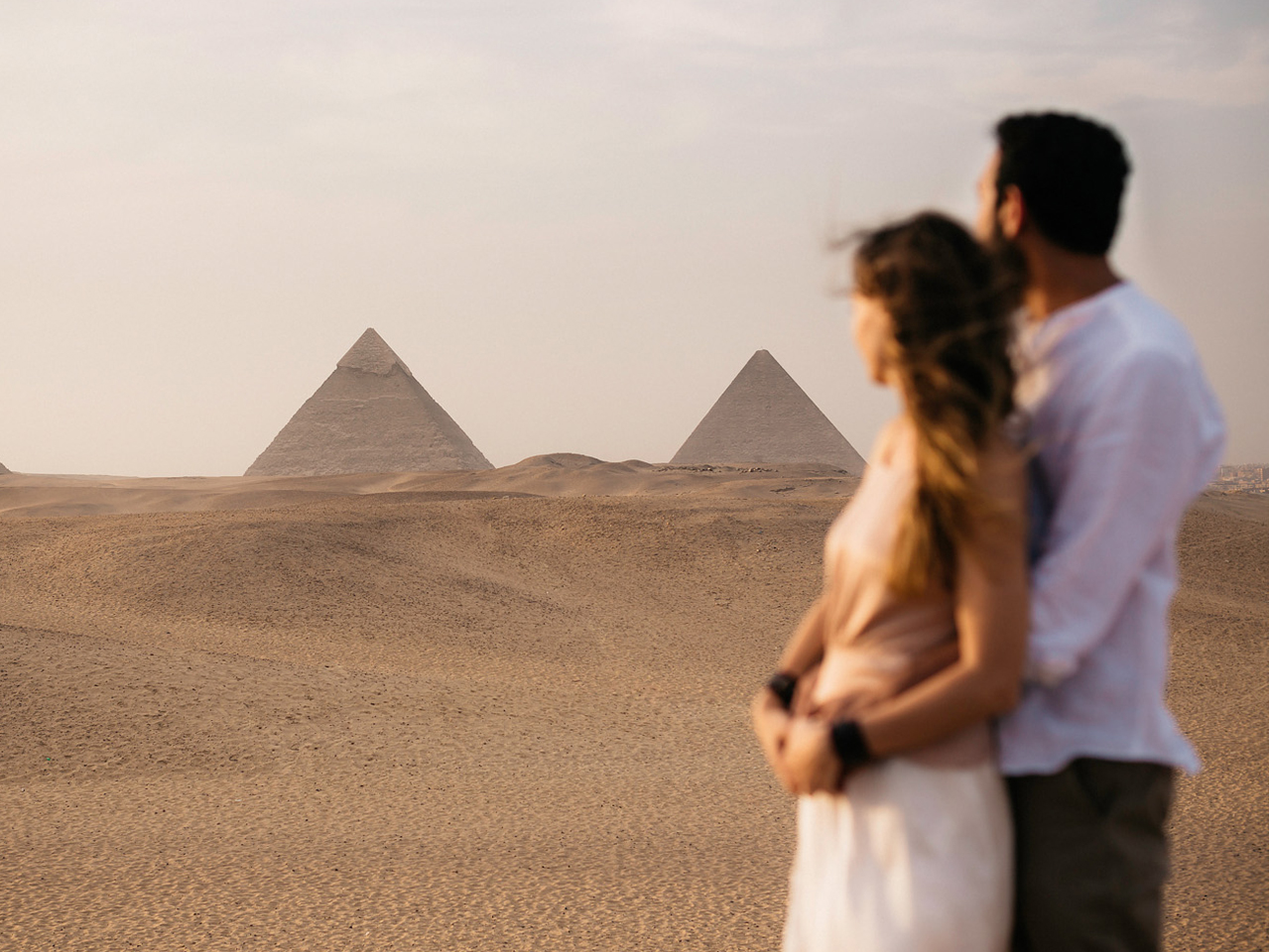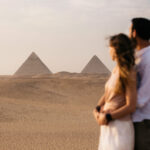Introduction: Experiencing Egypt Safely and Confidently
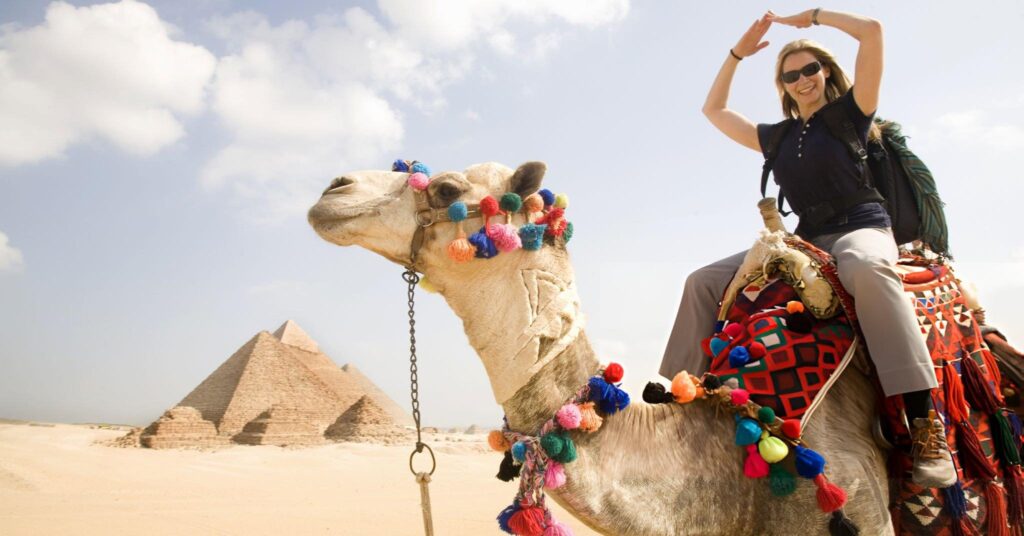
Safe Travel in Egypt, Egypt is one of the most fascinating destinations in the world—a country that blends ancient civilization, golden deserts, and vibrant coastal life. From the Great Pyramids of Giza and the temples of Luxor to the coral reefs of the Red Sea and the serene Nile cruises, Egypt offers endless adventure. However, to make the most of your trip, travel safety and excursion preparation are key.
A well-planned journey allows you to enjoy every experience with confidence and peace of mind. Whether you’re booking desert safaris, diving tours, or cultural excursions, knowing how to move around safely, choose reliable guides, and prepare for Egypt’s unique climate can make all the difference.
This guide provides a complete overview of travel safety and excursion tips in Egypt, covering everything from transport and weather preparation to trusted bookings, local guides, and must-bring travel items.
1. Understanding Travel Safety in Egypt
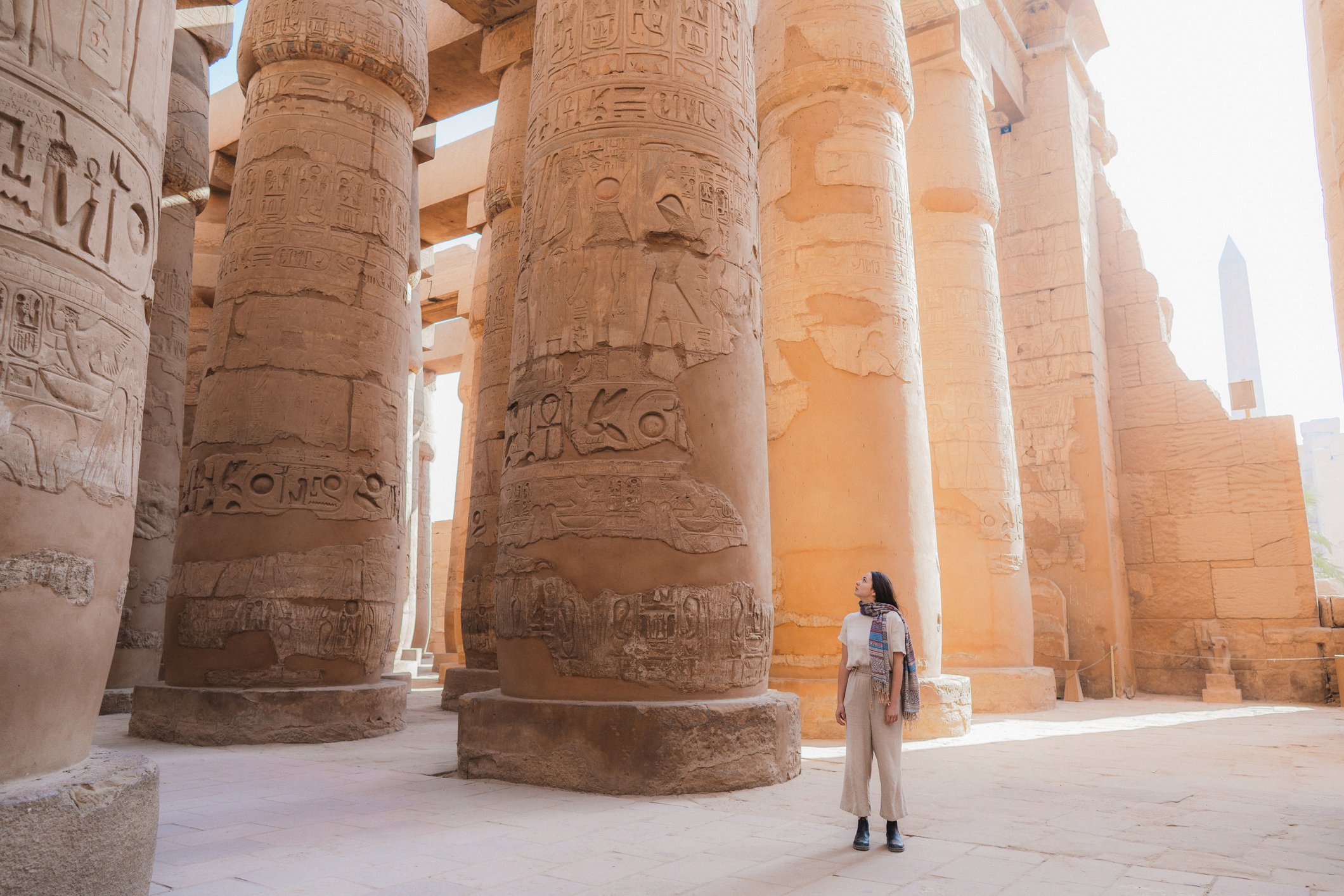
Egypt is a welcoming country where tourism plays a central role in daily life. The government invests heavily in maintaining safety in popular tourist areas such as Hurghada, Sharm El-Sheikh, Marsa Alam, Luxor, Aswan, and Cairo.
Tourism police, local guides, and excursion operators follow strict safety regulations. However, as in any destination, being mindful of your surroundings and taking basic precautions ensures a smoother, worry-free trip.
Key Safety Principles for Travelers in Egypt
- Stay within designated tourist zones and always follow guide instructions during excursions.
- Use licensed and recognized tour operators—especially for desert safaris, diving, and long-distance travel.
- Keep copies of your passport and ID separately from your main documents.
- Always have travel insurance that covers excursions, health, and potential delays.
- Follow local laws and customs—modesty and respect go a long way in Egypt’s conservative culture.
2. Choosing Safe and Reliable Transport in Egypt
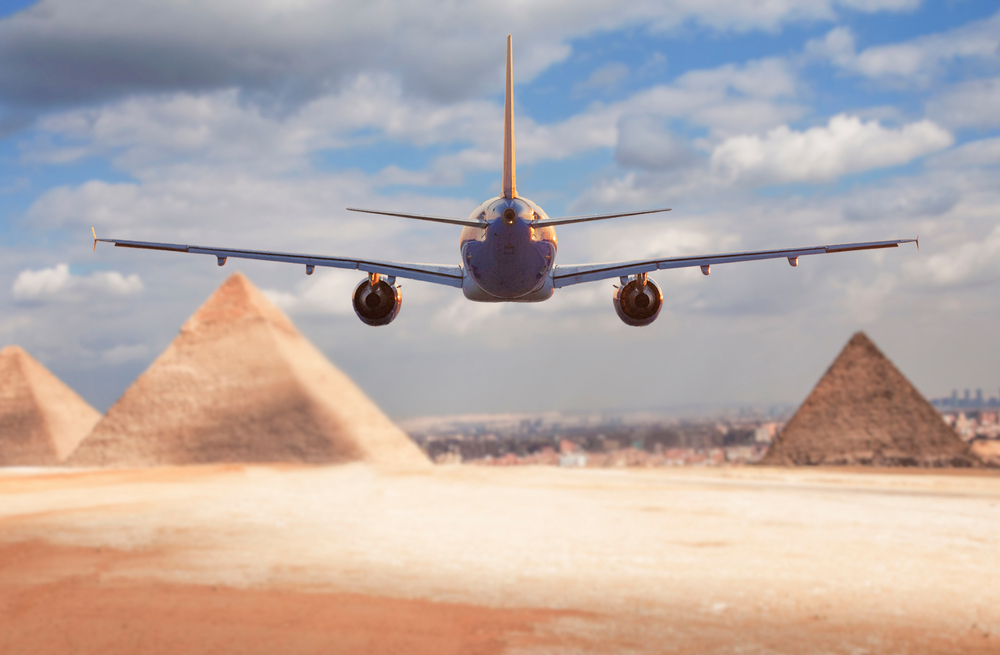
Safe Travel in Egypt:
Transportation plays a huge role in travel safety. Egypt offers various options depending on where you travel—airplanes, buses, private transfers, boats, and camels (yes, really!). The key is to choose the right mode and provider for your needs.
2.1. Domestic Flights
For long distances—like Cairo to Luxor or Aswan, or from Cairo to Hurghada—domestic flights are the safest and fastest option. Book directly through reputable airlines such as EgyptAir or recognized local carriers.
2.2. Private Transfers and Taxis
Private transfers booked through hotels or excursion agencies are safer than street taxis. Vehicles are usually air-conditioned, insured, and driven by experienced drivers familiar with tourist areas.
If you use taxis, confirm the price before the ride, or use apps like Uber or Careem in major cities for fair rates.
2.3. Buses and Shared Transport
For budget travelers, long-distance buses connect major cities. Always choose established companies like Go Bus or Blue Bus, and avoid traveling at night when possible.
2.4. Desert and Safari Vehicles
For desert tours, quads, or 4×4 vehicles, ensure the company provides:
- Helmets and safety gear.
- A lead guide and support vehicle.
- Clear safety instructions before the ride.
2.5. Boats and Cruises
If you’re taking a Nile cruise or Red Sea boat trip, check that the operator is licensed, has life jackets on board, and maintains the boat regularly.
Reliable transport means more than convenience—it’s the foundation of safe excursions in Egypt.
3. Booking Excursions: Safety and Authenticity Matter
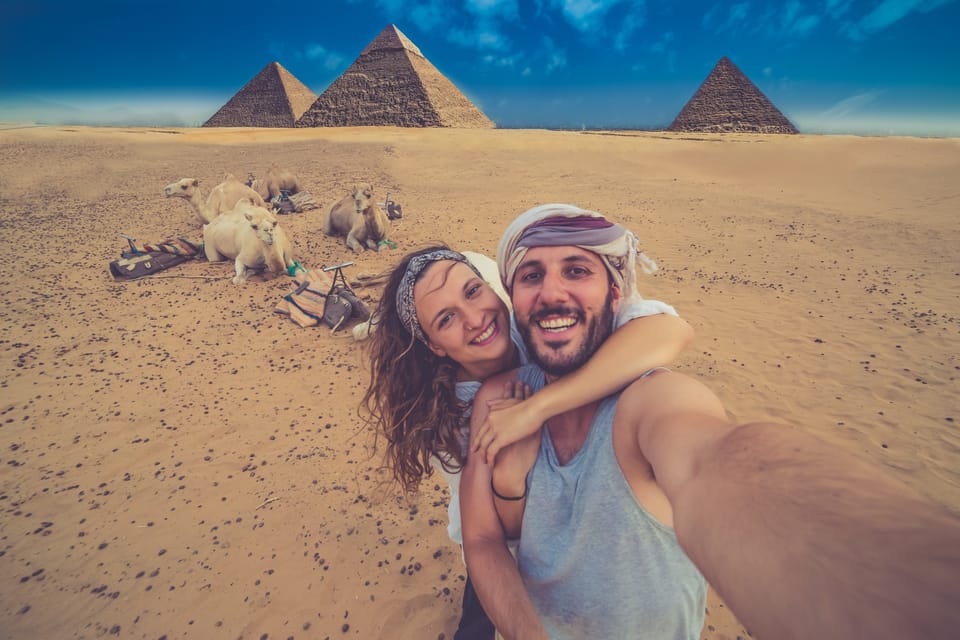
Egypt’s excursion market is full of exciting offers, but not all tours are equal. Choosing carefully ensures your experience is both safe and authentic.
3.1. Book Through Trusted Sources
Always book excursions through:
- Official hotel partners.
- Licensed travel agencies.
- Well-reviewed online platforms or direct tour companies with visible contact information.
Avoid unregistered street vendors offering extremely cheap tours—they often lack insurance, trained guides, or proper equipment.
3.2. Ask the Right Questions Before Booking
Before confirming any tour, ask:
- Is the tour insured and operated by a licensed provider?
- What’s the group size and guide-to-traveler ratio?
- What safety measures are in place (especially for diving, quad biking, or snorkeling)?
- Are transfers, food, and entrance tickets included?
3.3. Timing Your Excursions
Egypt’s weather varies greatly between seasons. Booking the right time of day for your activity ensures safety and comfort:
- Morning tours are ideal for desert and cultural sites.
- Afternoon and evening tours work best for Nile cruises, markets, and dinner shows.
- Avoid mid-day excursions in summer (especially June to August) due to high temperatures.
4. Weather and Seasonal Safety in Egypt
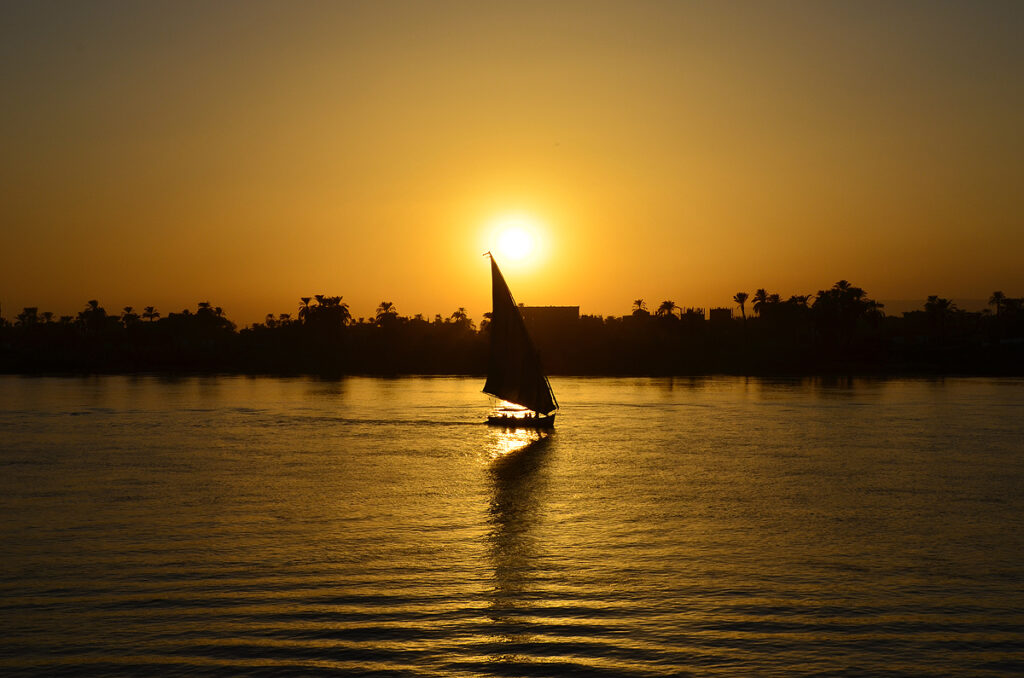
Understanding Egypt’s climate is crucial for planning excursions safely.
4.1. General Climate Overview
- Winter (November–March): The best time for sightseeing and desert trips. Warm days, cool nights.
- Spring (April–May): Ideal for diving and Red Sea activities. Be cautious of occasional sandstorms (“khamsin” winds).
- Summer (June–August): Hot and dry, with temperatures exceeding 40°C in Upper Egypt. Best for water excursions or relaxed resort stays.
- Autumn (September–October): Comfortable temperatures and clear visibility underwater—great for snorkeling and diving.
4.2. Weather-Specific Excursion Tips
- Always bring sun protection (hat, sunglasses, sunscreen).
- Carry water at all times—hydration is essential in Egypt’s dry climate.
- Wear light, breathable fabrics, especially for desert trips.
- For winter nights in the desert or on the Nile, pack a light jacket—temperatures can drop significantly.
5. The Role of Licensed Guides in Excursion Safety

A good tour guide is more than just a storyteller—they are your key to safety, knowledge, and smooth communication.
5.1. Why Licensed Guides Matter
Licensed guides are trained and certified by Egypt’s Ministry of Tourism. They know how to handle emergencies, follow safety protocols, and provide accurate historical and cultural information.
Avoid unlicensed guides, as they may give false information or take you to commercial stops for commissions.
5.2. Communication and Trust
Most professional guides speak multiple languages (English, German, French, Russian, Italian, and Polish are common). Don’t hesitate to ask questions about local customs or safety instructions—they’re there to help you.
5.3. Group vs. Private Guides
- Group tours are social and budget-friendly but follow fixed schedules.
- Private guides offer flexibility, personalized attention, and more control over timing—especially useful for families or senior travelers.
6. Essential Travel Items for Safe Excursions in Egypt
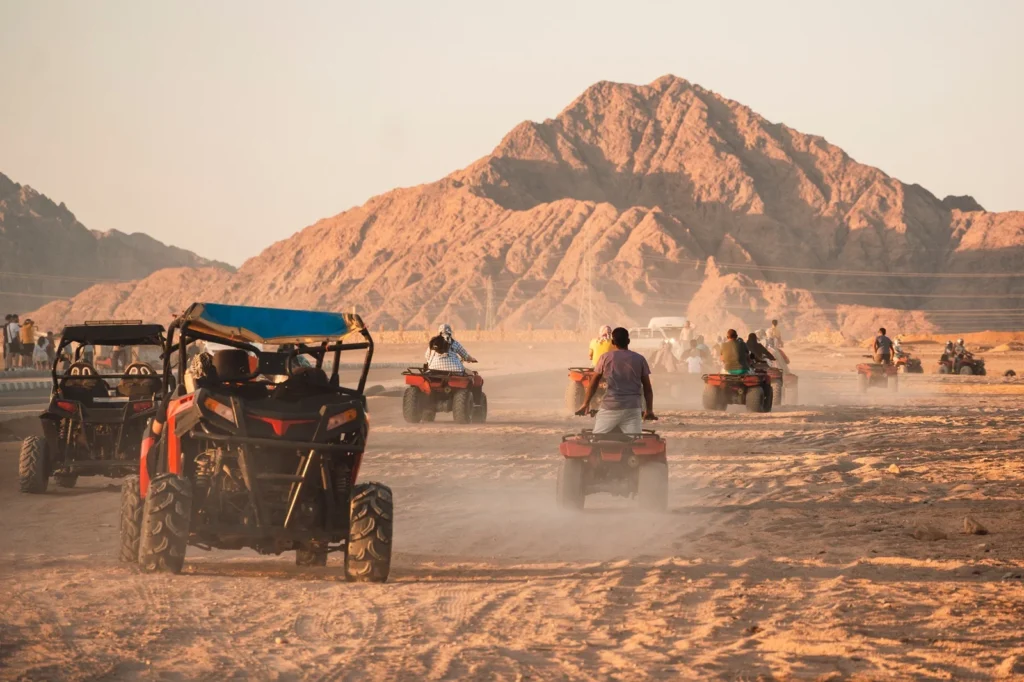
Packing smart makes every excursion safer and more comfortable. Here’s a checklist of must-bring items tailored to Egypt’s climate and activities:
6.1. Safety and Health Essentials
- Travel insurance documents and copies of your ID/passport.
- Personal medication and a small first-aid kit (painkillers, motion sickness tablets, plasters).
- Hand sanitizer and wet wipes for hygiene during tours.
- Reusable water bottle—stay hydrated while minimizing plastic waste.
6.2. Sun and Weather Protection
- Sunscreen (SPF 30+).
- Sunglasses with UV protection.
- A wide-brimmed hat or scarf.
- Lightweight, breathable clothing (cotton or linen).
6.3. Tech and Navigation
- Portable charger/power bank.
- Offline maps or translation apps (Wi-Fi may be limited in remote areas).
- Waterproof phone pouch for Red Sea or Nile excursions.
6.4. Excursion-Specific Gear
- Comfortable shoes for walking tours or temples.
- Swimwear and towel for snorkeling or boat trips.
- Scarf or shawl for visiting religious sites.
- Small backpack for essentials.
7. Money, Tips, and Local Etiquette
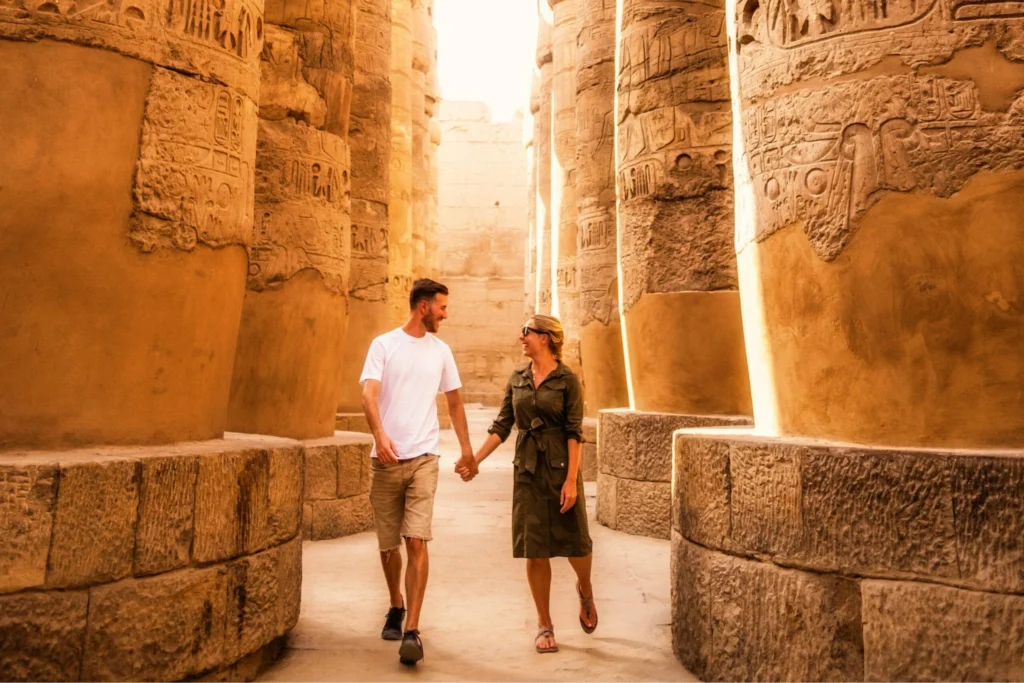
Safe Travel in Egypt:
7.1. Managing Money Safely
Carry small bills in Egyptian pounds for tips, taxis, and markets. Major hotels and stores accept cards, but cash is best for local shops.
Avoid showing large sums of money and use hotel safes for valuables.
7.2. Tipping Culture
Tipping (“baksheesh”) is customary and appreciated for good service.
Typical tips:
- Guides and drivers: 50–100 EGP per person.
- Waiters: 10–15% if not included in the bill.
- Hotel staff: small daily tips are polite.
7.3. Respecting Local Customs
Egyptians are known for their hospitality and friendliness. Show respect by:
- Dressing modestly in public and religious places.
- Asking permission before taking photos of people.
- Greeting locals politely—“Salam Alaikum” (peace be upon you) goes a long way.
8. Excursion Timing and Planning Tips
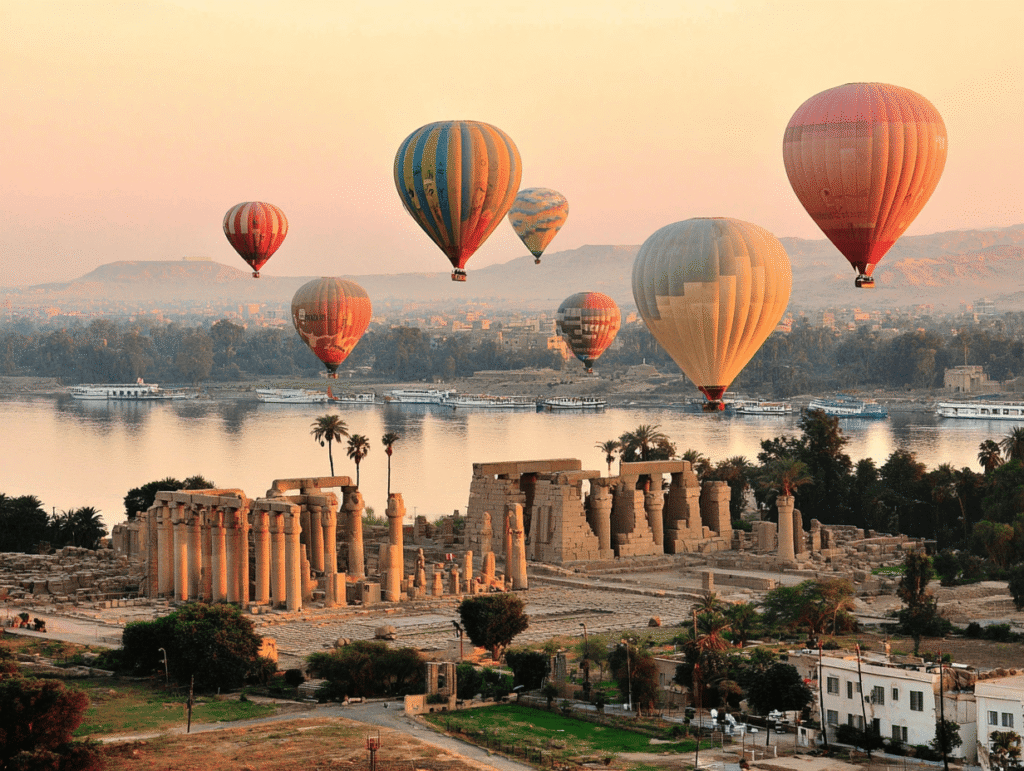
Safe Travel in Egypt:
Proper timing can turn a good tour into an unforgettable one.
8.1. Best Times of Day
- Early morning: Great for temples, pyramids, and desert adventures before the sun gets strong.
- Late afternoon: Ideal for scenic views, cruises, or sunset photos.
- Evening: Perfect for cultural dinners, night markets, or sound and light shows.
8.2. Duration and Energy Management
Many Egyptian excursions can be long and include transfers. Always check the duration and distance before booking and bring snacks and water.
8.3. Booking in Advance
Book your tours early, especially during high season (October–April). This guarantees spots on small-group or high-quality tours.
9. Medical and Emergency Tips
Although Egypt’s main tourist destinations have good medical facilities, being prepared is wise.
- Keep the number of your hotel and tour guide at hand.
- Learn basic Arabic emergency words, such as “doctor” (tabib) or “help” (musa’ada).
- For serious emergencies, hospitals are available in all major tourist cities, and hotels can arrange transport quickly.
If you have health conditions, inform your guide or agency before excursions.
10. Safety During Popular Excursions
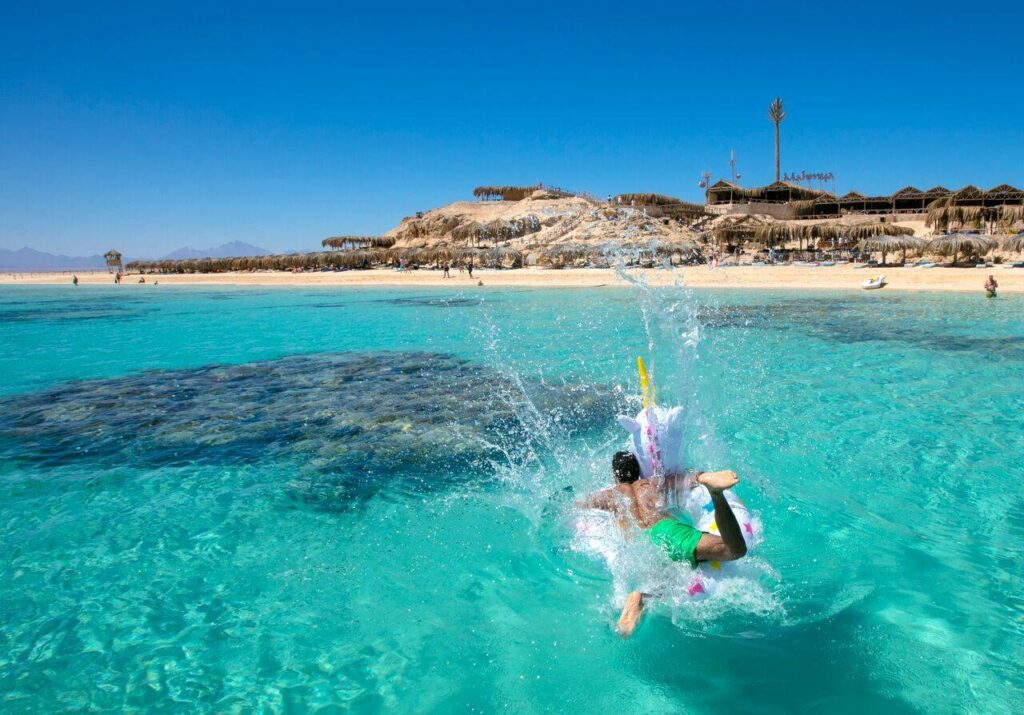
10.1. Desert Safaris
- Follow the guide’s instructions exactly.
- Always wear helmets during quad rides.
- Carry water and avoid heavy meals before the trip.
10.2. Snorkeling and Diving
- Only dive with certified centers (PADI, CMAS).
- Never touch corals or marine life.
- Listen carefully to safety briefings before entering the water.
10.3. Temple and Historical Tours
- Stay with your group—sites can be large and crowded.
- Bring water and a hat; shade is limited.
- Respect sacred spaces—avoid climbing or touching artifacts.
11. Digital Safety and Communication
While traveling, protecting your digital information is as important as your physical belongings.
- Use hotel Wi-Fi or reputable SIM cards (Vodafone, Orange, Etisalat).
- Avoid public Wi-Fi for online payments.
- Back up your photos regularly to cloud storage.
12. Final Thoughts: Traveling Egypt with Confidence
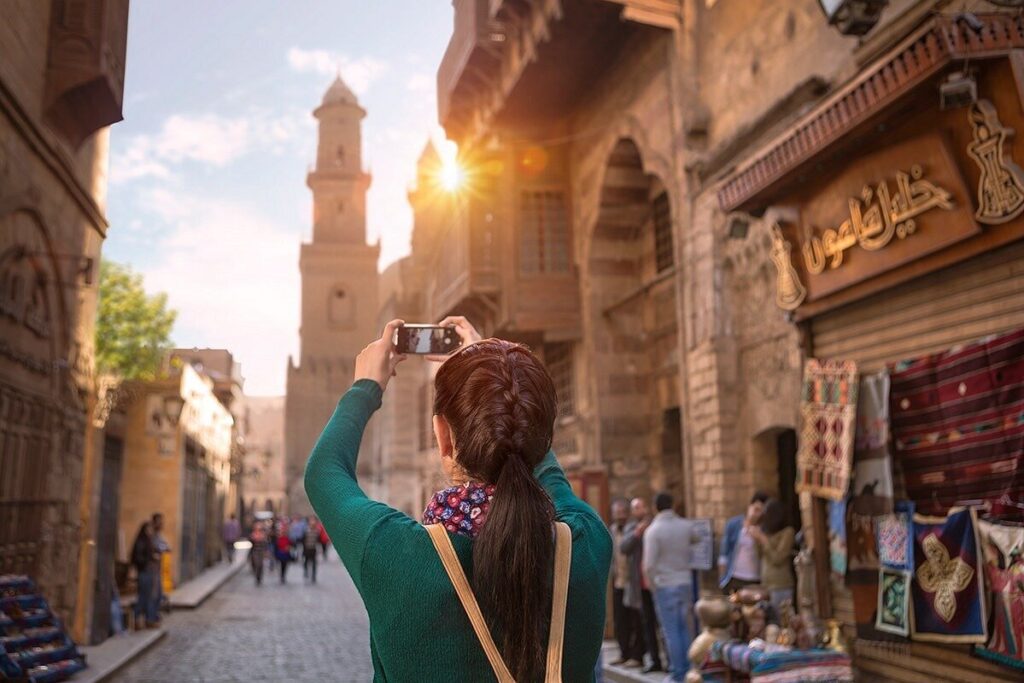
Safe Travel in Egypt, Exploring Egypt is a once-in-a-lifetime adventure. With proper safety planning, reliable guides, and smart packing, every traveler—from solo adventurers to families—can enjoy the country’s beauty worry-free.
Whether you’re floating down the Nile, exploring the Valley of the Kings, or snorkeling along the Red Sea, safety awareness enhances—not limits—your freedom. Egypt rewards those who travel mindfully, with unforgettable memories, cultural connection, and endless inspiration.
So prepare well, respect local customs, stay hydrated, and let Egypt’s magic unfold before you—with safety, awareness, and excitement guiding every step.

